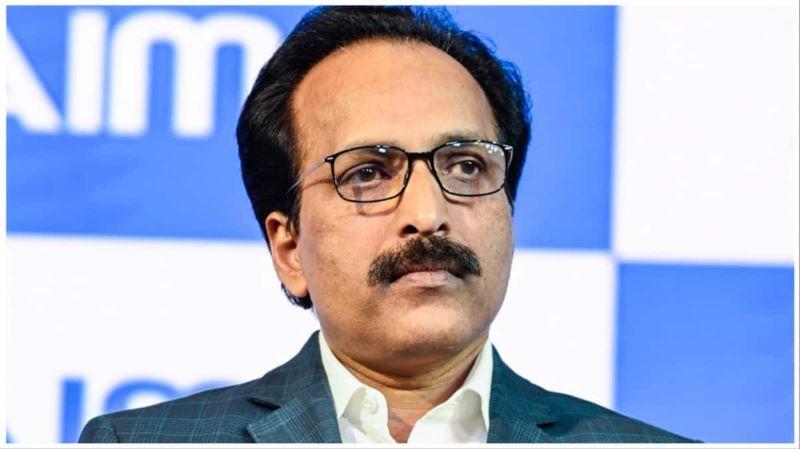
- devara
- 09 Jan 2025 10:59 AM
- ISRO, space science, S Somanath, space exploration
Overview of ISRO's START 2025 Program:
ISRO Chairman S Somanath delivered a keynote speech at the launch of the Space Science and Technology Awareness Training (START 2025) program, emphasizing the role of space science beyond the excitement of becoming astronomers. He explained that space science involves rigorous and time-consuming work that requires years of persistent effort and expertise. He shared that this year’s program will involve 20,000 students from more than 560 institutions, indicating the growing interest and involvement in the field of space science among young minds. The program will run from January 9 to 29, 2025, focusing on space missions and the technical aspects of building rockets, satellites, and understanding orbits and trajectories.
The Significance of Space Science Beyond Astronomy:
In his speech, Somanath elaborated that space science involves more than just understanding the universe; it includes deep technical expertise, such as the optimal design of sensors, rockets, and spacecraft. He highlighted the importance of numerically analyzing and solving complex formulas to design effective space technologies. Students participating in the START program will not only learn about exciting space missions but also gain insights into the science and technology behind launching rockets and navigating space. Somanath urged students to reflect on their interests and select a specialized domain of space science to focus on, underscoring that choosing the right institution for higher studies is crucial for future success.
The Future of Space Science and Technology:
Somanath encouraged the students to approach space science with an open mind, emphasizing the growing impact of cutting-edge technologies like artificial intelligence and machine learning in advancing space science. He inspired students by mentioning that future space missions may be designed with AI tools, allowing them to create software that can design rockets. Beyond the science, Somanath noted the potential for students to become leaders or tech entrepreneurs in the space industry, bringing together people from various disciplines to build complex systems. Former ISRO Chairman A S Kiran Kumar also shared his enthusiasm for the program, highlighting its role in enabling young students to explore opportunities in the space field and contribute to India's global impact in space exploration.






































